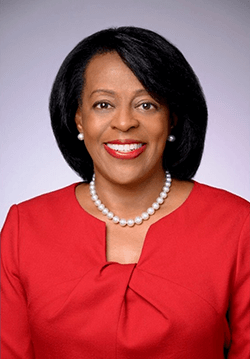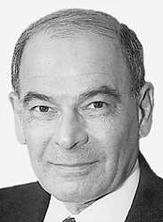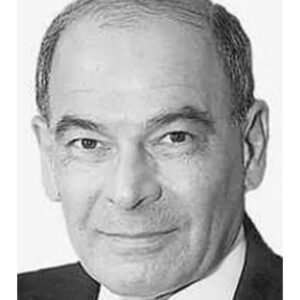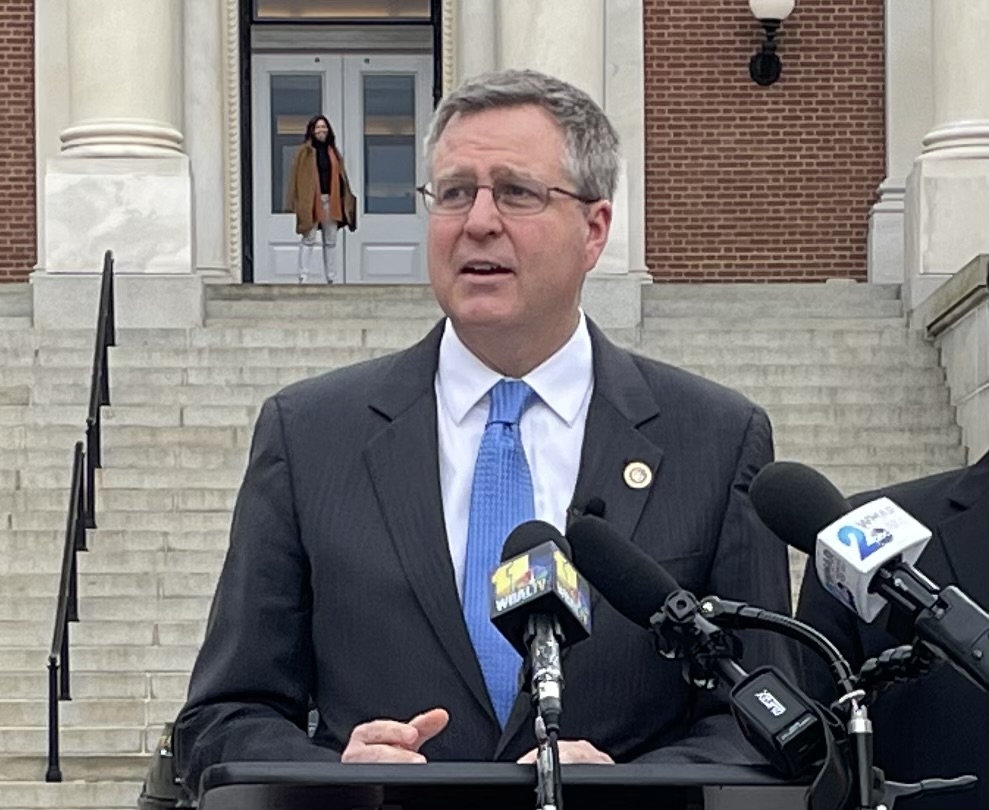Frank DeFilippo: Operatic Buffoonery in the City Comptroller’s Office
Voting for Baltimore City’s comptroller is usually an afterthought to mayor and City Council president, giving the third citywide elected official less scrutiny and attention than the top two more visible offices.
Underexposure is often preferable to overexposure, a political form of social distancing. That anodyne formula has worked for Joan Pratt, a certified public accountant, who has held the comptroller’s job since 1994.
This is especially true at a time when news coverage has shrunk because of advertising cutbacks, and most reportage is devoted to the pandemic health crisis and the collapsing economy. Old voting habits thrive in the dark, possibly even less luminous by mail.

Baltimore City Comptroller Joan Pratt. Comptroller’s office photo
Pratt has been able to survive for six terms – yep, you read that right – virtually out of view and with little political effort except for an occasional flare-up at the Board of Estimates despite several bodacious displays of bad judgment.
The Board of Estimates is the comptroller’s official perch. But the job’s flow-chart also includes seats on the Board of Finance, the Departments of Audits and Real Estate and different municipal retirement systems and boards. As if that weren’t enough, Pratt also maintains a sideline accounting business and until recently was partner in another failed business venture.
And this being campaign season, Pratt recently sent out a political flyer claiming that she’s saved the taxpayers of Baltimore $31 million – with no explanation of what, where, how or by which magic button on the calculator the boast was accomplished.
Pratt has, you guessed it, for the first time in 25 years, a serious challenger. He is Bill Henry, a City Council member since 2007 from the 4th District in Baltimore’s North-Northeast quadrant.
The two engaged in a tit-for-tat exchange that involved Pratt’s outside business dealings and Henry’s use of city expense accounts.
Pratt, in hindsight, isn’t very careful about her choice of business partners, which requires foresight. It also raises questions about whether one of three top-ranked city elected officials should be involved in extracurricular work at all as the comptroller’s annual salary is $125,447. It raises the suspicion, too, of conflicts of interest, real as well as potential.
Case in point: The Office of Inspector General’s finding that Pratt’s 2017 vote to give 15 city-owned vacant lots, valued at $1,000 each, to her church, Bethel AME, for $1 each. Pratt acknowledged the conflict after the fact (she got caught).
Pratt partnered with the criminally convicted former mayor Catherine Pugh, Baltimore’s best-selling author and Ponzi scheme perpetrator, in a consignment boutique called “2 Chic,” that’s intended to be either a pun or a double entendre, get it?
During the investigation and trial of Pugh, it was revealed that a $20,000 check mysteriously appeared in the cash balance of 2 Chic, which Pratt oversaw as the partnership’s accountant.
Pratt, a CPA, mind you, declared that she thought the bonanza was a loan from Pugh to the failing business when, in fact, it turned out to be a laundered check. While others were demanding Pratt’s resignation, Henry hit the brakes just short of that call with the Watergate refrain, “It depends on what she knew, and when she knew it.”

Frank A. DeFilippo
To which Pratt responded by dredging up a moldy 10-year-old allegation against Henry – charging $6,500 for meals to a discretionary expense account, for which he incorrectly submitted restaurant receipts but repaid the money.
In the exchange, the name of Julius Henson emerged from the shadowy margins of Baltimore politics. Henson was sentenced to 60 days in prison and banned from working on any political campaign for three years for his role in a robocall scandal in the 2010 campaign of former Gov. Robert L. Ehrlich Jr. (R).
Rewind the highlight reel to 1996. In that year, Henson ran Pratt’s successful campaign for comptroller. She promptly rewarded Henson with a $79,400 job as the city’s real estate officer based on what she claimed was his experience. She also named Henson as co-head of her transition team, along with Larry Young, who was expelled from the Maryland Senate on ethics charges, but later acquitted at his own trial.
Henson’s experience was reported at the time as “being a close friend and business partner” of Pratt. In journalese, “close friend” usually signifies a snuggly relationship, but to give it a dramatic operatic twist — inamorata. The business part of Henson’s resume was that he and Pratt owned nine rental houses together, some with code violations.
As for Henson’s real estate experience, he had a string of failed development and contracting companies, numerous code violations, and he faked having a college degree from Morgan State University, according to reports.
Ahh, the company she keeps.
The Baltimore comptroller’s office has for the past half century had a comic-opera quality to it. There have been only four city comptrollers in the past 60 years, two of them one-termers. That means the remaining two have served a combined 52 years, further evidence of the off-stage nature of the office.
Not exactly a long list of statesmen
In 1959, Baltimore voters elected the “Three Gs” ticket – Harold Grady for mayor, Philip Goodman as City Council president, and Walter Graham as comptroller.
Graham and his brother (name unknown) were the controlling stockholders in the Pennsylvania Railroad. And from that titled position, Graham drew his abundant wisdom about governance.
Graham’s hot-water and rap-sheet moment during his single term was: His proposal to round up blacks and resettle them on government reservations in under-populated states in the barren west.
In 1963, Hyman A. Pressman, a self-proclaimed civic watchdog but a municipal marplot and clown-prince, was elected comptroller on a fluke occurrence that has since been outlawed. He lost the Democratic primary for comptroller but ran and won in the general election on a fusion ticket with a Republican candidate for mayor.
Pressman served nine terms as comptroller until he relinquished the office in 1991 when he was no longer able to function. He made his mark as a headline-grabbing plaintiff’s lawyer, filing taxpayers’ suits, denouncing BlueCross/Blue Shield over its rate structure, and eventually costing the state millions by petitioning to referendum in 1974 a new state-sponsored multi-purpose domed stadium at the Camden Yards location, which helped lead to the departure of the Colts football team from Baltimore.
As the third interloping candidate in the 1966 general election for governor, Pressman may have prevented George P. Mahoney from becoming governor by siphoning off 10% of the vote, but, then, he also helped to elect Spiro T. Agnew.
Upon Pressman’s departure from the office in 1991, A comely City Council member, Jacqueline “Jackie” McClean, was elected comptroller in a meteoric rise that was boosted by elaborate political packaging that included a million-dollar media campaign. McLean defeated Julian L. Lapides, the early-line favorite and a widely-regarded state senator.
Three years later, in 1993, McLean pleaded guilty to stealing thousands of dollars in taxpayers’ money and to arranging a million-dollar municipal lease of the family’s defunct travel agency building at Baltimore’s Federal Hill. She resigned as comptroller, and died in 2001 after spending years in and out of mental hospitals.
It is at this point that the continuum picks up with Pratt, who has given no evidence of abandoning the buffoonery, chicanery and skulduggery that identifies the overlooked culture of the comptroller’s office and job performance.
Just who, it is fair to ask, will emerge as Pratt’s partner or pal in this campaign when nobody’s paying attention to the office, or even the election, because of the murderous pandemic? The office of Baltimore comptroller is worth a “Saturday Night Live” skit.




 Creative Commons Attribution
Creative Commons Attribution